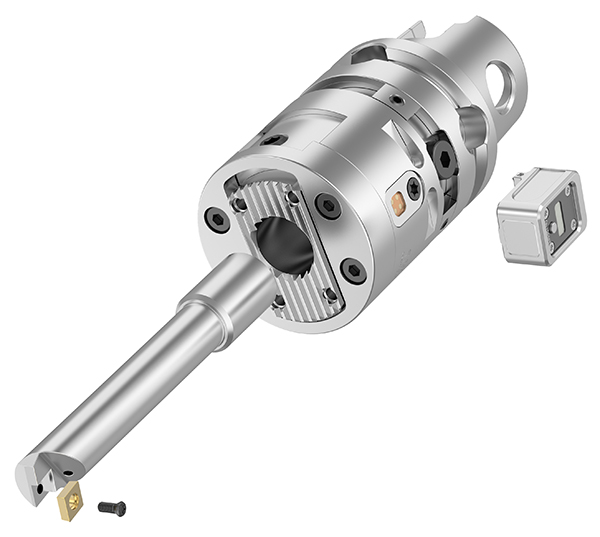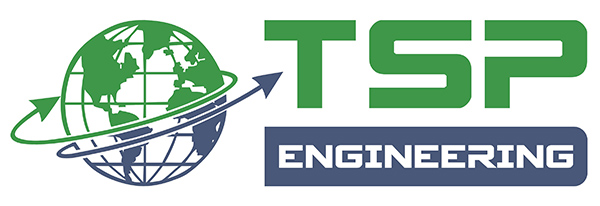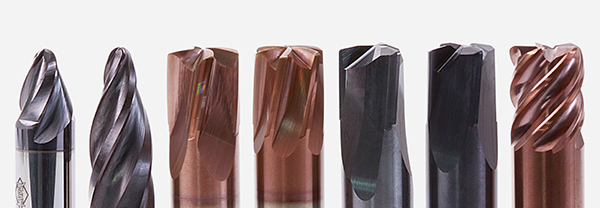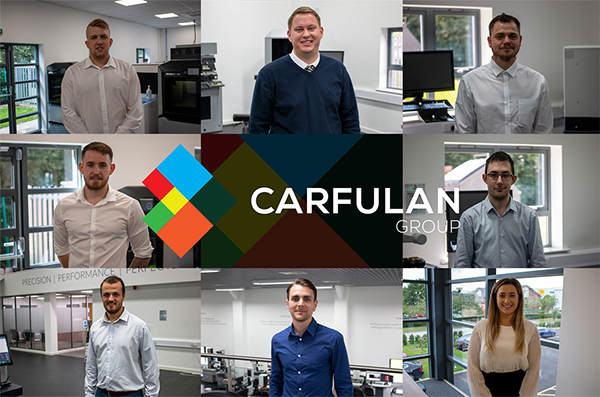Kennametal has introduced a new line of digital-ready fine boring tools that is said to make precision adjustment easy, enabling more productive, predictable and accurate boring.

The eBore fine-boring system consists of cutting units to cover a diameter range from 6 to 1020 mm, and an optional digital display that makes precision adjustments as simple as turning a screw.
“For many workpieces, the boring operation is often the final step, and a simple mistake can lead to scrapped parts,” says global product manager Marcus Paul. “The eBore does away with the traditional ´count the graduations´ approach to boring and reduces costly mistakes. We’ve found there is tremendous operator acceptance due to its simplicity and ease-of-use. And because the same eBore digital device can be used across multiple types of tools and on various machines, it’s easy on the budget.”
Offering no-mistake adjustments and accuracy to within 2 µm, Kennametal´s eBore digital device is an optional – though extremely useful – part of the Kennametal digital boring system. The chip and coolant-resistant device contains a glass scale that keeps track of boring-bar movement. Simply snap it in place, turn the boring head’s adjustment screw by the desired amount, and the tool is ready for the next boring operation.
Ultimately, with eBore, there is no need to remove the boring head from the spindle for adjustment, nor to count graduations or take notes. Concerns over backlash and movement due to overtightening of the boring head’s locking screw are a thing of the past, as are endless test cuts and ‘sneaking up on the bore’. The result is less scrap, less downtime and faster set ups. The device shuts off automatically after 30 seconds and provides more than 5000 adjustments between battery changes.
For further information www.kennametal.com
























